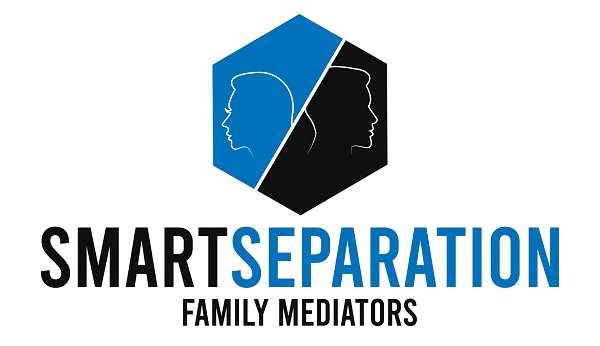Arriving Unprepared for the Mediation Process
Starting mediation without proper preparation is one of the most common—and avoidable—errors.
- Not gathering necessary financial and parenting documents: Bring current records of assets, debts, income, expenses, and any parenting schedules or concerns. These documents are vital for transparency and productive discussions.
- Failing to outline personal goals or priorities beforehand: Without knowing what matters most to you—whether it’s custody arrangements, property division, or support—you may agree to terms that you later regret.
- Underestimating the complexity of certain issues: Mediation isn’t just about “splitting things 50/50.” It often involves long-term planning around parenting, finances, and future responsibilities.
Treating Mediation Like a Court Battle
One of the most significant mistakes couples make during divorce mediation in Toronto is approaching it with the same mindset as a courtroom confrontation.
- Adopting a combative, win/lose mindset: Mediation isn’t about winning or losing—it’s about reaching a balanced solution that works for both parties. When one spouse focuses solely on “beating” the other, the process becomes adversarial, defeating the purpose of mediation.
- Refusing to compromise or collaborate: Mediation thrives on mutual understanding and give-and-take. A refusal to budge on every issue creates a stalemate, often leading to increased costs and eventual litigation.
- Misunderstanding the mediator’s neutral role: Mediators are not judges. They don’t make decisions or take sides. Their role is to guide discussions, ensure fairness, and help you explore options that suit your unique family situation under Ontario law.
Hiding Information or Being Dishonest
Divorce mediation is built on trust, transparency, and full disclosure. Attempting to conceal information—whether financial or personal—can seriously undermine the process and lead to legal complications under Ontario family law.
- Withholding financial information or key facts: Omitting details about income, assets, debts, or significant life changes can skew negotiations and lead to unfair outcomes. In Ontario, both parties are legally required to provide complete and accurate financial disclosure during separation and divorce proceedings.
- Impact on trust and fairness in the mediation process: When one party discovers that the other has been dishonest, it erodes confidence in the process. This can lead to mediation breaking down entirely or any agreement reached being challenged later.
- Legal risks in Ontario if full disclosure isn’t provided: Courts in Ontario can set aside mediated agreements if it’s found that one party failed to disclose material facts, especially regarding finances. You may also face legal consequences, including penalties or orders for additional compensation.
Skipping Independent Legal Advice
Many couples mistakenly believe that working with a mediator means they don’t need a lawyer—but this can lead to serious problems down the road.
- Misconception that mediators replace lawyers: While mediators help facilitate discussion and guide couples toward resolution, they do not provide legal advice or represent either party. Their role is neutral and focused on the process—not the legal implications of your decisions.
- Why legal advice is still essential before finalizing agreements: Independent Legal Advice (ILA) ensures that you fully understand your rights and obligations under Ontario’s Family Law Act. A lawyer can spot terms that may be one-sided, poorly worded, or inconsistent with current law.
- Risks of signing an unfair or unenforceable deal: Without ILA, you may agree to terms that are not in your best interest—or worse, terms that the court later deems invalid. If the agreement is challenged, the absence of legal advice can weaken your position significantly.
Letting Emotions Take Over
Divorce is an emotionally charged experience, and it’s natural to feel overwhelmed. However, allowing emotions to control your actions during mediation can derail progress and lead to poor decisions—especially when children are involved.
- Making decisions based on anger, guilt, or revenge: Acting out of resentment or guilt can lead to agreements that are punitive or overly generous, rather than fair and sustainable. These emotional decisions rarely serve anyone’s long-term interests.
- Difficulty focusing on long-term outcomes (especially with kids involved): When emotions run high, it’s easy to lose sight of what matters most—such as your children’s well-being or your financial stability after separation. Keeping the bigger picture in mind helps you build a future-oriented agreement.
- Techniques to stay calm and solution-focused during mediation: Strategies like taking breaks, using a support person, or working with a therapist outside of sessions can help regulate emotions. Many accredited mediators also use child-focused or trauma-informed approaches to help manage difficult conversations constructively.
Successful divorce mediation in Ontario depends on staying composed, communicative, and focused on building practical solutions—not settling old scores. Keeping emotions in check leads to more productive discussions and better outcomes for everyone involved.
As an experienced family and divorce mediator in Toronto, I often write blogs to provide insights, tips, and resources on family mediation and divorce in Ontario. Follow my blog to stay informed and empowered during challenging times.



